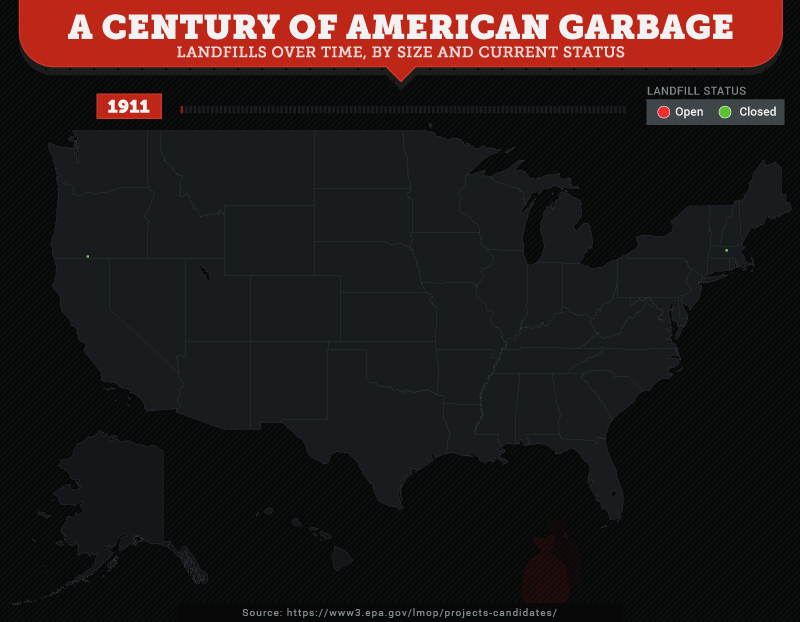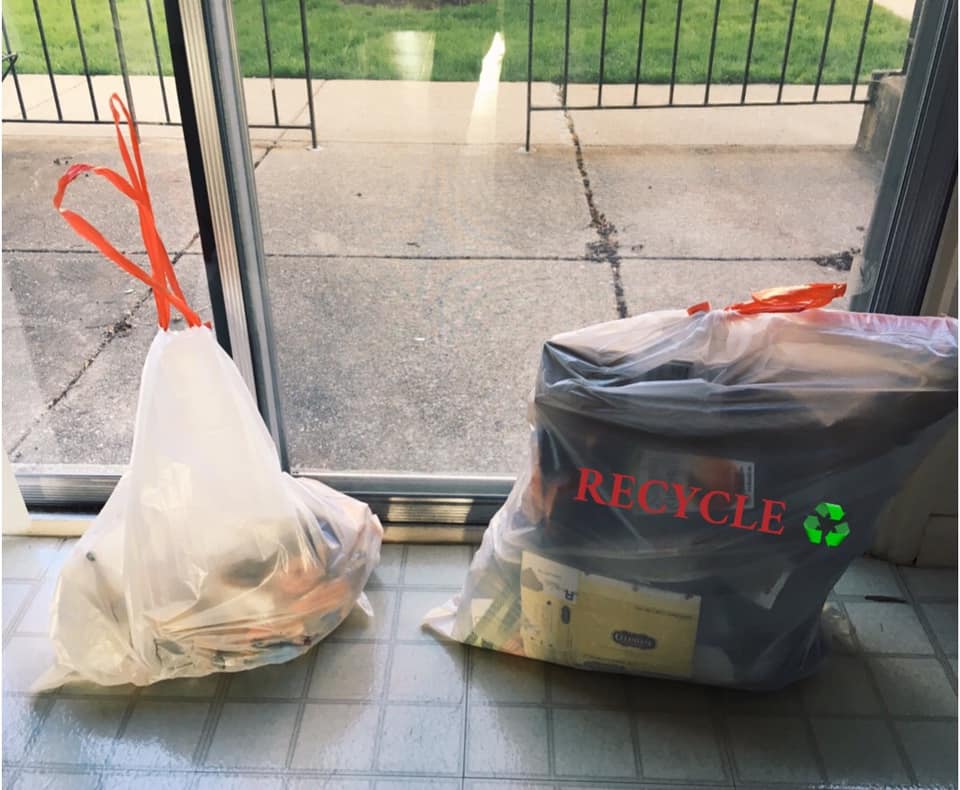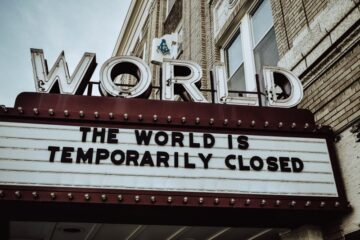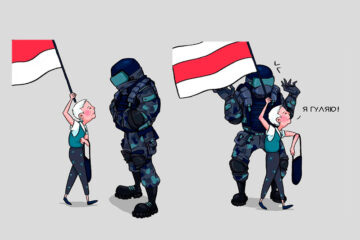What would you say to your great-great-grandchildren if you were sure they would receive your message? Do not be afraid of anything in advance! Enjoy your life! Life is worth living! That’s what my friends said. And what are your thoughts?
The thing is, you have everything to deliver this message to your great-great-grandchildren without any extra efforts! Take a pen and, let’s say, a plastic bag from the nearest grocery store or any plastic package you’re going to throw away soon. Voila! You can write your message right there! Because when your great-great-grandchildren go to school, the plastic, glass, and metal waste that you trashed will remain somewhere near them.
How is it possible?
Since the invention of plastic 165 years ago, not a single plastic item has decomposed in nature. It is 8.3 billion tons of plastic on the Earth, from which 6.3 billion tons is waste!
According to a World Bank report, every year, the whole world population generates 2 billion tons of garbage. Currently, only 14% of all recyclable waste is processed worldwide, and other recyclable trash stays in landfills for centuries. Compare this time with the time you use a plastic bag or a package—approximately 25 min.
That means, if you do not start recycling waste right now, by the time your great-great-grandchildren go to school, the area occupied by landfills in my home country–Russia–will be 20% of the European part of the country. Check an interactive map below to see what area is occupied by landfills in the U.S.

How about bioplastic?
Biodegradable plastic is a myth. This type of plastic decomposes into micro-plastic, which enters rivers, lakes, and seas through land and groundwater. Fish and seafood get it with water, and then we eat them with micro-plastic inside.
Simultaneously, we cannot recycle this bioplastic produced from soy, corn, or sugar. Improperly disposed bioplastics can spoil recycling processes. Moreover, it takes 15 tonnes of corn and 15 million liters of water (6 Olympic swimming pools) to produce 1 million bioplastic bags—the amount which the world population uses every minute. That means the harvests of grown plants that people could eat used to produce bioplastic bags and increase solid waste.
How to start recycling?
I know recycling needs time and extra effort. Moreover, not every neighborhood has enough recycling facilities. But for sure, you can find recycling storages or eco-initiatives online. For instance, in Russia, you can find a repository for metal, paper, and glass waste on recyclemap.ru created by Greenpeace. Do not have any facilities at your place? Consider contributing to nature by reducing the number of packages and plastic waste and reusing every plastic item you get.

Ever since I started recycling waste, I’ve thrown away garbage biweekly instead of doing it every other day. Here is my garbage—I collected a recyclable one—on the right hand—for two days and another non-recyclable one which will go to landfills—on the left hand—for a week!
Let’sLet’s leave our great-great-grandchildren something more valuable than our garbage! It’sIt’s a perfect time to start waste recycling or reducing and reusing plastic items!
Thumbnail photo by JOSHUA COLEMAN on Unsplash



